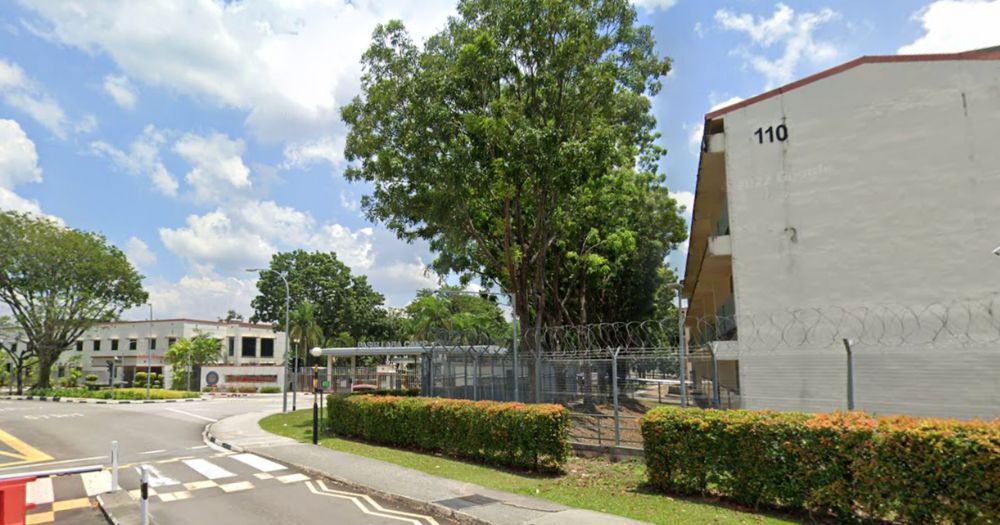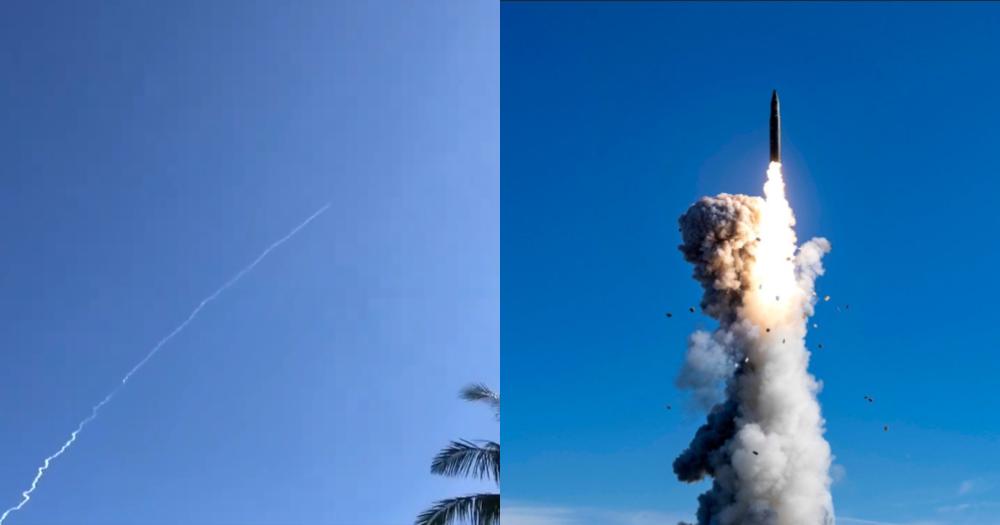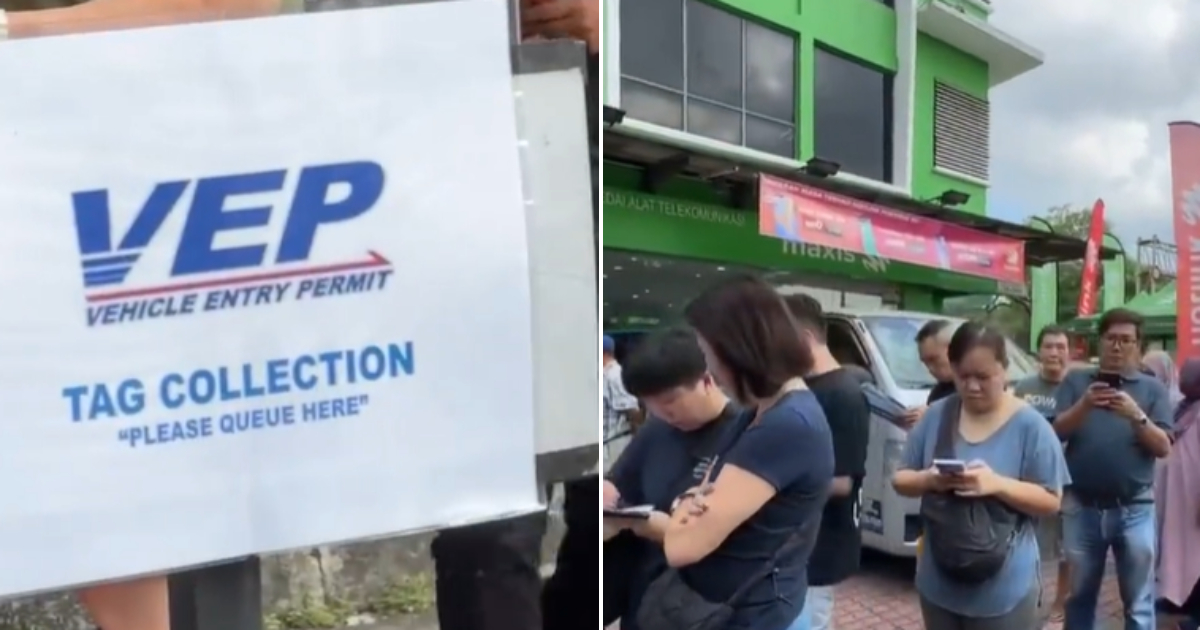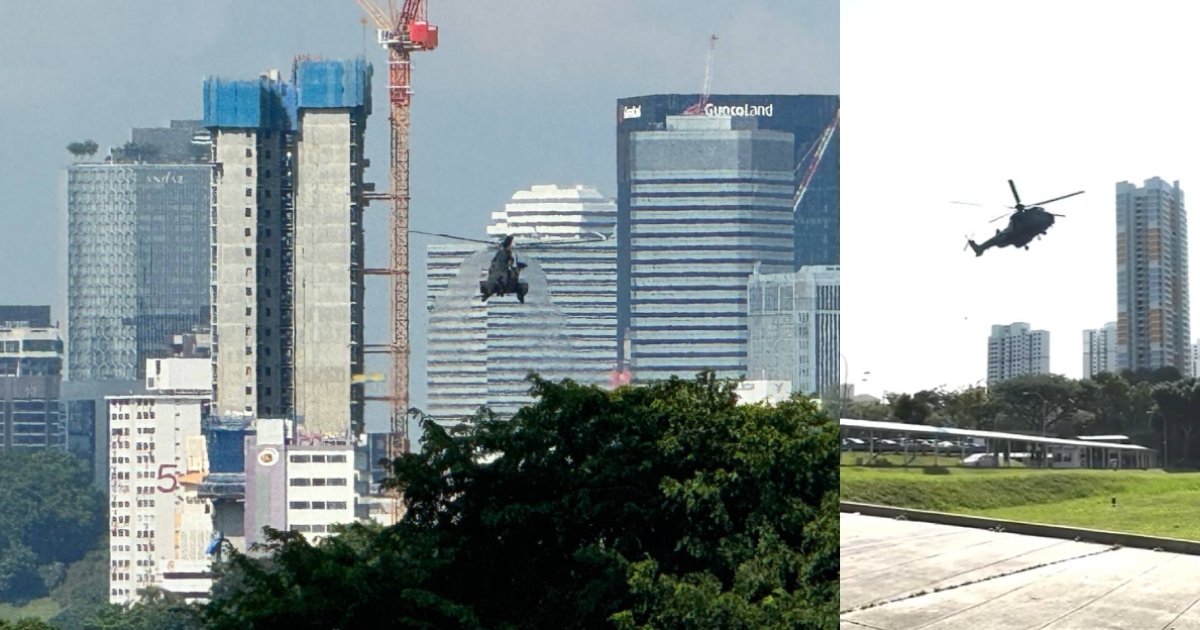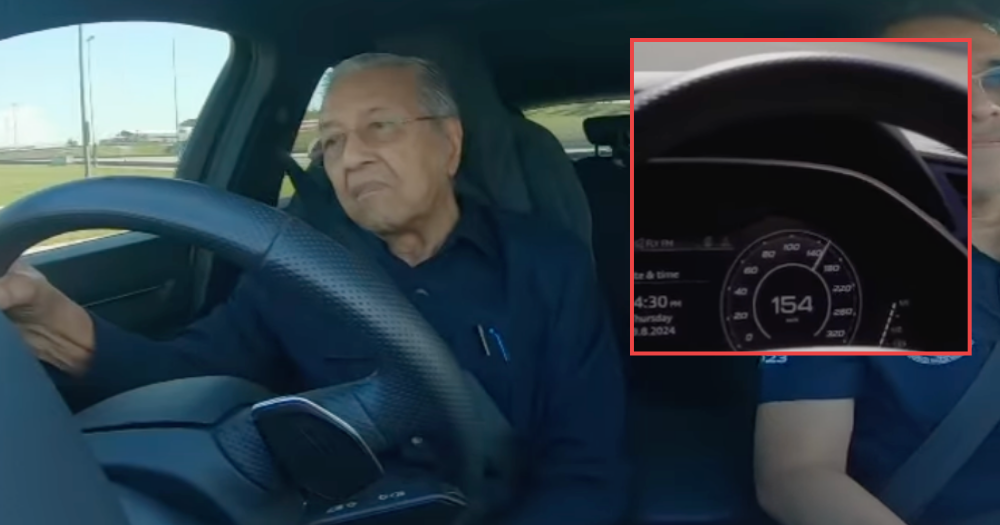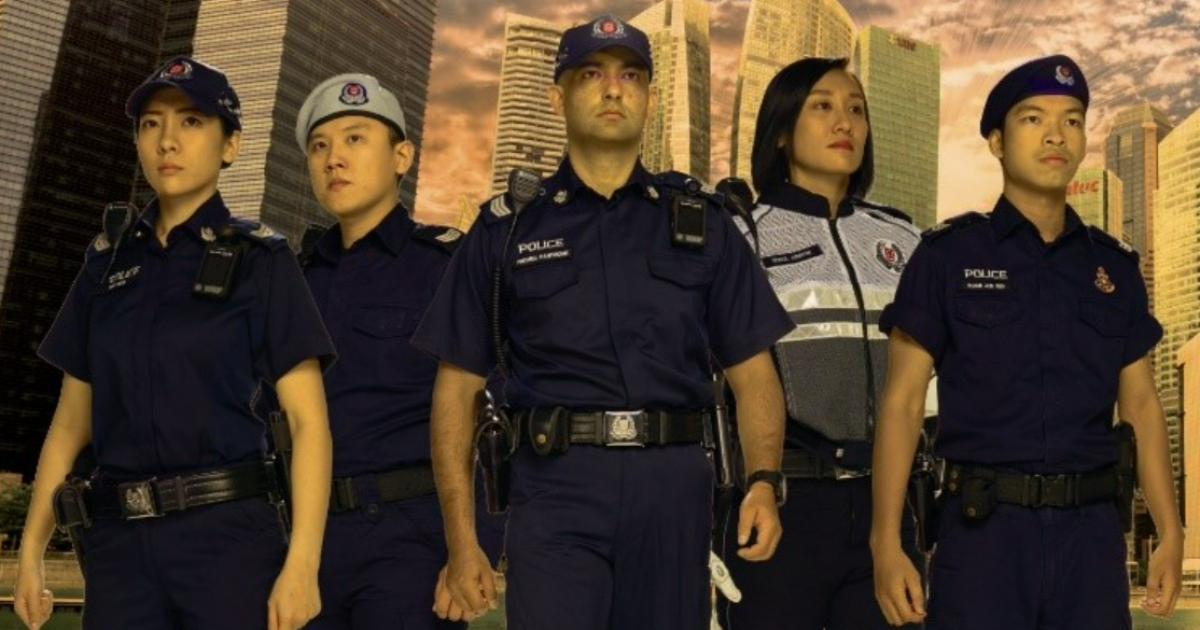S'pore signs civil nuclear cooperation agreement with US, joins China, Russia & Indonesia
Singapore has not yet made a decision on the deployment of nuclear energy.
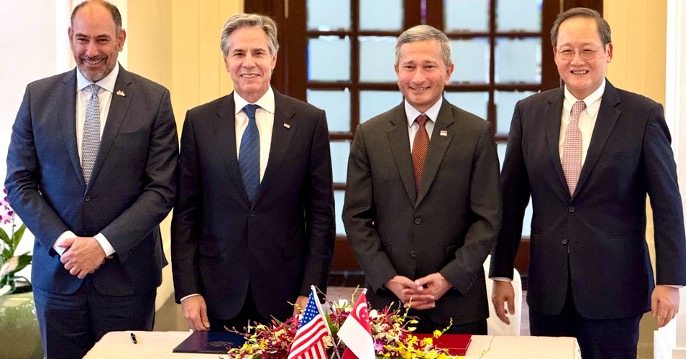
On Jul. 31, Singapore became a signatory to a civil nuclear cooperation agreement with the United States.
It is commonly known as the "123 Agreement", after Section 123 of the U.S. Atomic Energy Act, which requires the conclusion of a peaceful cooperation agreement before significant transfers of nuclear material or equipment from the U.S. can take place.
Singapore will also join the U.S. State Department's Foundational Infrastructure for Responsible Use of Small Modular Reactor Technology (FIRST) programme.
Minister for Foreign Affairs Vivian Balakrishnan signed the agreement with U.S. Secretary of State Antony Blinken in a ceremony at the Ministry of Foreign Affairs (MFA).
Joining other countries
Singapore joins countries like China, Russia, Japan and Indonesia, who have previously signed 123 Agreements with the U.S.
However, the signing does not indicate that Singapore has made a decision on the deployment of nuclear energy in the country.
Any decision on such a deployment made in the future will need studies on safety, reliability, affordability and environmental sustainability of nuclear energy in Singapore's local context.
Vivian said:
"Current conventional nuclear technologies are not suitable for Singapore. But given advances in civil nuclear technology, we need to stay abreast of breakthroughs in this rapidly evolving field.
The Agreement facilitates access to information, technological expertise, and allows us to deepen our engagements with civil nuclear experts in the U.S."
Committing to peaceful energy use
The 123 Agreement requires partners to abide by a set of nonproliferation rules, to guarantee that the information obtained will only be used for peaceful purposes.
These rules include:
- Committing to the peaceful use of nuclear energy.
- Adhering to International Atomic Energy Agency (IAEA) standards on the use and security of nuclear material.
- Restricting the enrichment, reprocessing, and re-transfer of material and equipment transferred under the Agreement.
Singapore is not allowed to collaborate with other countries that use nuclear energy technology and designs of U.S. origin without signing the agreement first.
This will therefore help Singapore's capability-building efforts.
The signing will need to be reviewed by the U.S. Congress before it comes into force, which is expected by the end of 2024.
Thereafter, it will last for 30 years and will facilitate Singapore’s access to detailed information on U.S. nuclear energy technologies and expertise that are under export control.
FIRST programme
The State Department's FIRST programme supports partners in building capabilities for Small Modular Reactors (SMRs) and other advanced nuclear technologies.
SMRs are advanced reactors that can produce a large amount of low-carbon electricity.
They are smaller than conventional reactors and can be factory-assembled and transported as a unit to a location for installation.
Due to these qualities, they require less space and are more affordable to build than conventional reactors.
According to a joint press release by the Ministry of Sustainability & the Environment (MSE), and the Ministry of Trade & Industry (MTI):
"Under the FIRST programme, Singapore will gain access to the network of U.S. entities involved in civilian nuclear energy, including the U.S. National Laboratories and companies developing newer nuclear energy technologies, to facilitate our capability building process."
Cooperation on nuclear safety
These agreements build on long-standing collaboration in the field of civil nuclear energy between Singapore and the U.S.
The ministries highlighted the close collaboration between the two countries on nuclear safety and safeguards.
"Over the past decade, the United States has supported Singapore’s capacity building efforts to better understand the safety and reliability of advanced nuclear energy technologies," according to the joint statement.
Singapore's National Environment Agency (NEA) has been cooperating with the U.S. Nuclear Regulatory Commission since 2017 on nuclear safety, and most recently held a joint workshop in Jul. 2024.
Through these agreements, the U.S. and Singapore intend to further strengthen civil nuclear cooperation to better understand how advanced nuclear energy technologies, including SMRs, can support climate goals, while balancing critical energy needs.
"This will support Singapore’s efforts to understand and evaluate advanced nuclear energy technologies, should viable options emerge," the statement added.
Top image by Mothership
MORE STORIES







